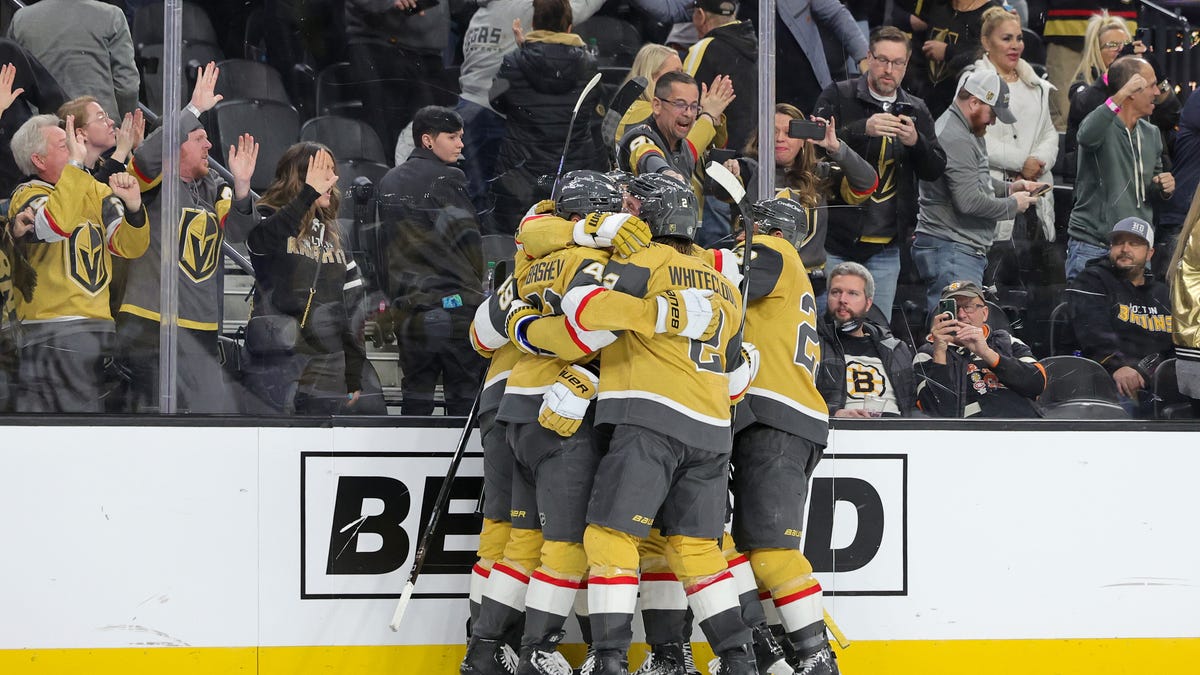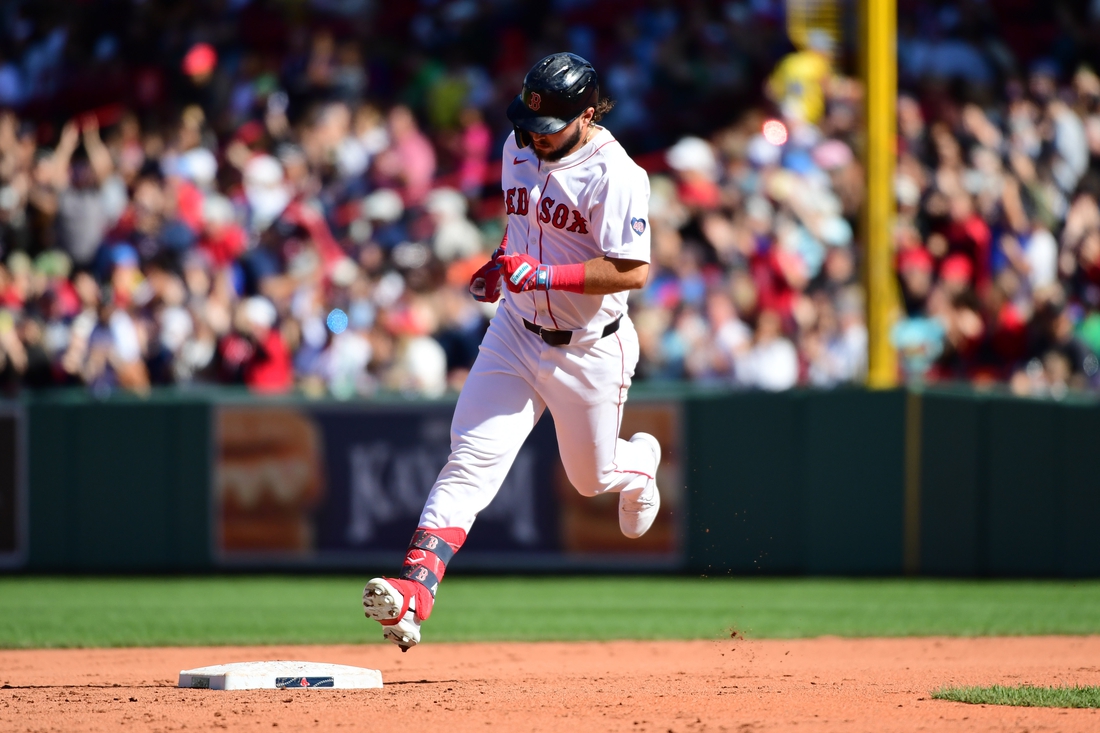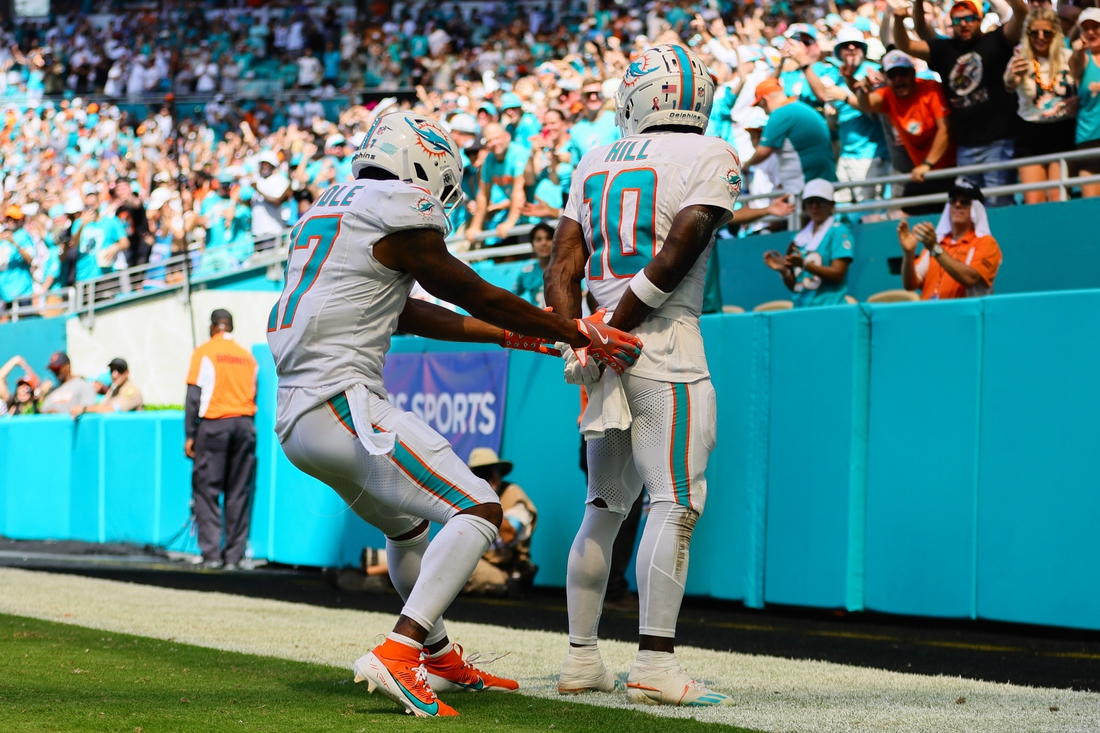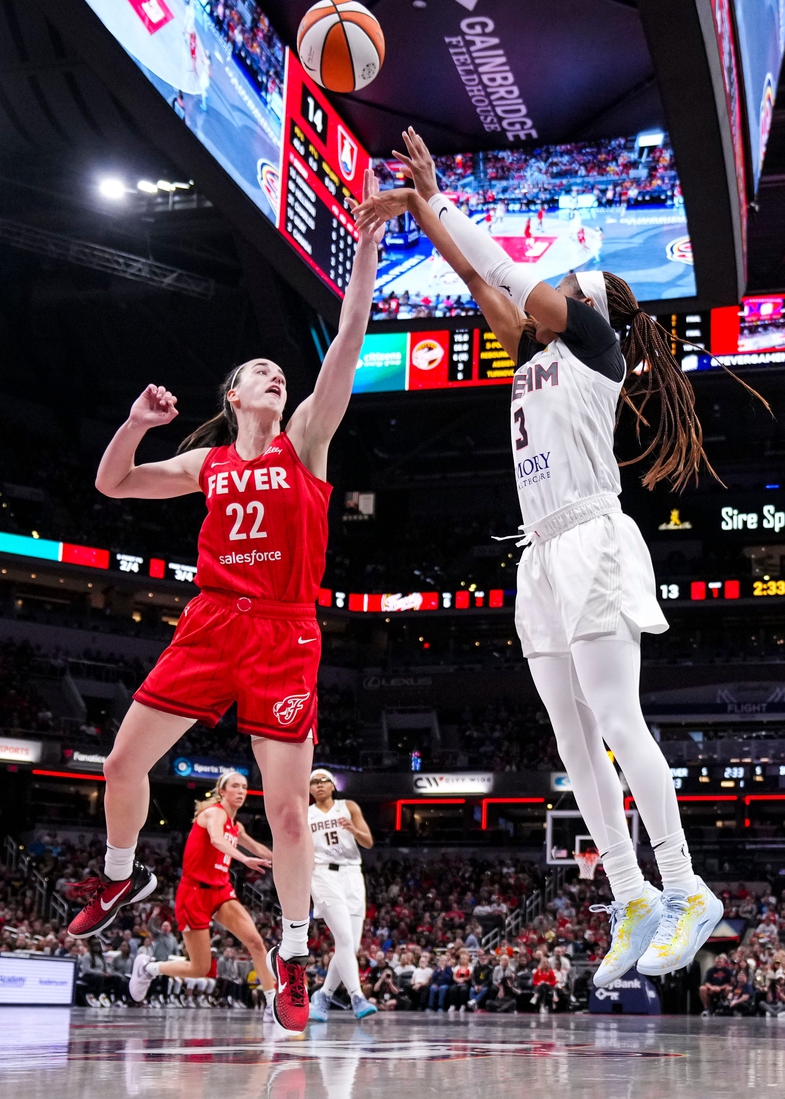The Boston Bruins are the perfect team in the NHL to have the eternal-long fatalism vs. determinism debate. They sit atop the Atlantic Division and Eastern Conference once again, just as they did last year. Just as last year, David Pastrnak and Brad Marchand are two of the best players in the league. The goaltending is outstanding, and that’s with using two goalies equally. They’re top five in goals-against per game, the special teams are both above average. Looks all the same as when we were here last year.
Of course, we know how last year ended. A record points-haul, that along with $2.40, would have gotten them on the T to get home, which they needed after seven games with the Panthers in the first round. The difference in their expected goal count from the season, and the significantly more goals they did score, suddenly looked to be a key sign that the Bs weren’t all they were cracked up to be. Or they just lost two overtime games to a Panthers team that was better than its regular season record showed. Whatever your flavor, you wouldn’t be blamed for thinking the cycle was repeating itself this year.
The Bs have some convincing to do of fans and observers alike of their potential to do a little more than be an upset come Round 1 again. No one’s going to believe a goalie tandem can do the business in the spring until it does, and neither Jeremy Swayman nor Linus Ullmark have carried the mail for a playoff team making a serious run, should they choose just one to backstop them in the postseason. Their defensive numbers aren’t as good, metrically, as they were last year (2.55 xGA this year at even-strength, 2.36 last year), which the goalies have mostly covered up.
But what will have most looking at the Bruins with a raised eyebrow and perhaps a snicker is that come April, as constituted, the Bruins will be trotting out a group of third and fourth-line centers they have to pose as No. 1s and No. 2s. No, it’s not easy to label the Bruins a Cup favorite when Charlie Coyle and Pavel Zacha are the first two off the bench in the pivot. Which is something Boston may look to address before the league’s trade deadline.
To be fair to Coyle and Zacha, they are useful players. When he first came into the league, Coyle looked to have the potential to be a two-way, imposing center that could bully his way wherever he wanted. There was a reason he was traded for Brent Burns, after all. But that was way back when. Since then, Coyle has settled into a pretty comfortable role as a checking center with size, who can chip in offensively a little more than most No. 3 centers. He was perfectly slotted hiding behind Patrice Bergeron and David Krejci last season. But with both retiring, suddenly the winds are free to rip at flesh.
Coyle’s metrics, in both shot attempts and expected-goals share, are below 50 percent, which his consistent running buddy Marchand has been able to outshoot and out-create while the goalies have bailed out that line when needed. Coyle is still mostly taking the dungeon shifts he used to to save Bergeron from having to do (42 percent of his shifts start in the offensive zone), but centering Marchand means taking on an expanded scoring role, too. Thirty points in 45 games is hardly a bad return, but considering the other No. 1 centers in the East, or just the list of possible ones the Bs would have to go through to get out of the conference (say, Brayden Point-Sasha Barkov-Sebastien Aho/Jack Hughes/Sidney Crosby?), and it’s easy to see why Bruins fans would have some trepidation about heading into the playoffs with a center who is basically “fine.”
Zacha is more of the same story, having the best seat in the house for another season of brilliance from Pastrnak while not having all that much to do with it. Zacha has been more of a creator than Coyle, but just like Coyle, the metrics have him under water while getting the benefit of starting most of his shifts in the offensive zone (68 percent) that Coyle doesn’t. Again, look around the East and almost every possible playoff team is carrying at least two plus-centers. The Bs arguably don’t have one, just two bodies.
So what’s to be done? The name that will be most connected to the Bruins is Elias Lindholm, a pending free agent on the Flames. Calgary can still claim to be in the playoff race – two points out of a wild-card spot in the West – and whether they wave the white flag has yet to be determined. Lindholm is more of a shooter than a creator, but that can work just fine with Marchand. And Lindholm can produce off cycles and forechecks, which playoff hockey tends to dissolve into.
But he’ll be heavily pursued and the price will be high if he even goes on the market. A more intriguing, and higher-risk, name to watch is Trevor Zegras. The Ducks aren’t exactly shopping the once-upon-a-time phenom, but they’re also reportedly not totally convinced he isn’t much more than a flashy hood ornament. As they have buffeted their young-forward core with Leo Carlsson and Cutter Gauthier in the past year, Zegras might be a chip they can get back multiple pieces for. The Bruins only have three picks in the first two rounds in the next three years and may have to jettison Mason Lohrei, Matthew Poitras, or Fabian Lysell to get a deal like that across the line. Zegras doesn’t scream “Bruins-type,” yet neither did Hampus Lindholm who became a Norris candidate in the Hub, nor did Tyler Bertuzzi last year and he parlayed his brief stay in Boston into a ludicrous contract with the Leafs. If Zegras is going to add some substance to the style, Jim Montgomery is probably the coach to do it.
And Zegras’s age fits into the Bruins pivot to what’s next. Marchand is 35. Pastrnak and Charlie McAvoy are right in the wheelhouse of their primes. There may not be too many swings left with this particular group and Zegras helps bridge to the next one. Whatever the Bs decide to do, live in the now or eye the future, the immediate future looks a little spotty with their current center situation.
Follow Sam on Twitter @Felsgate and on Bluesky @Felsgate.bsky.social







